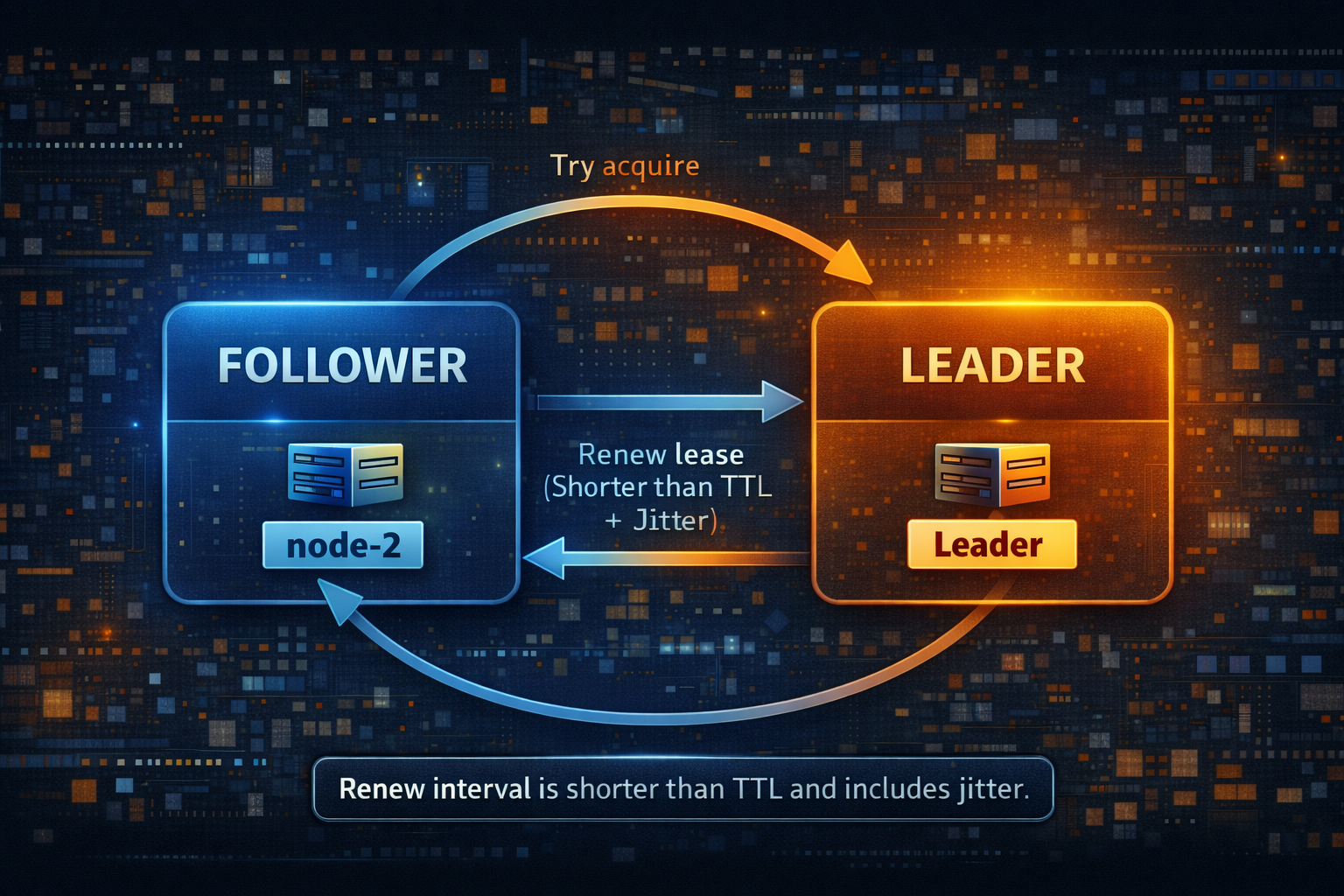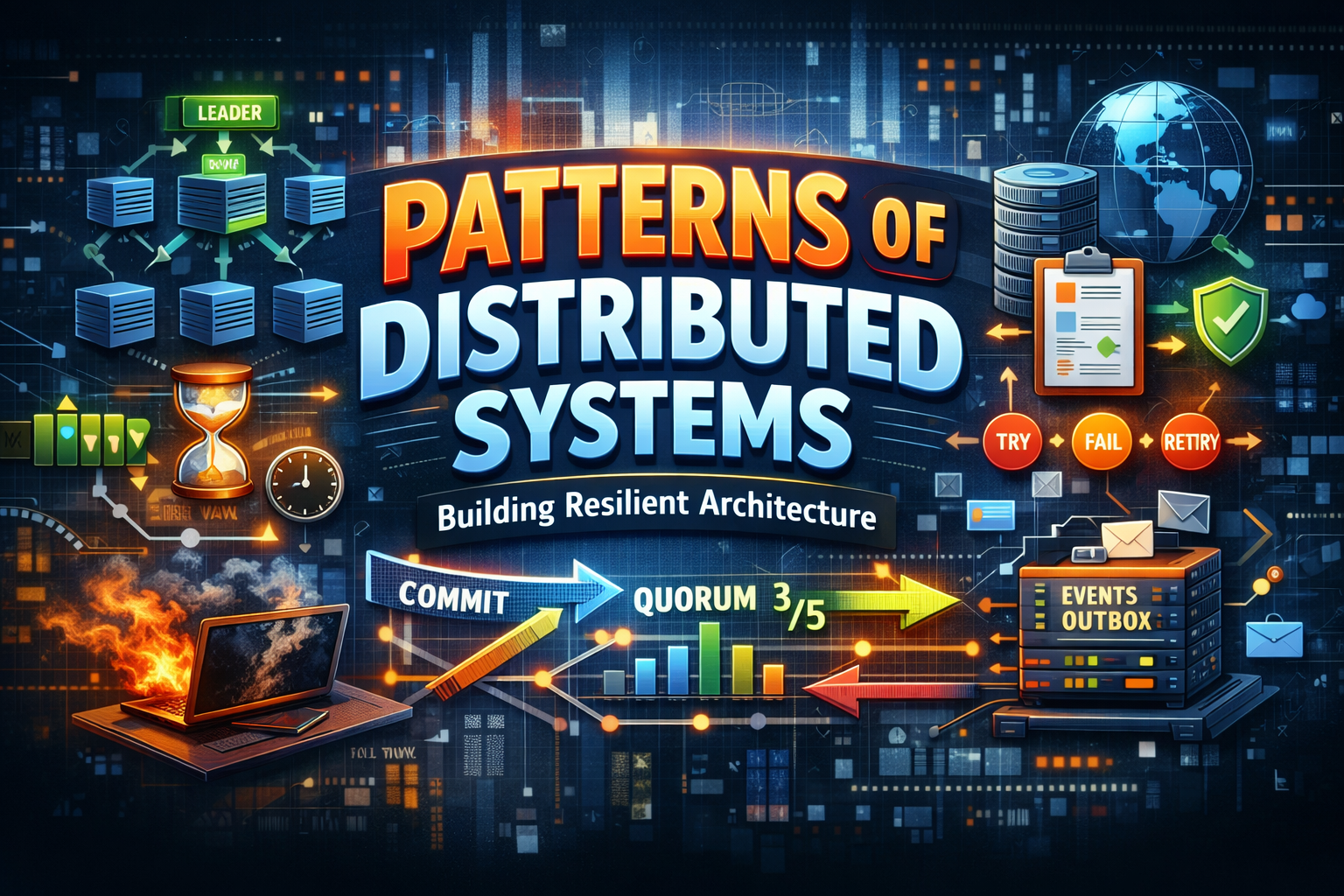
Building with .NET and Rust: A Tale of Two Ecosystems
- Chris Woodruff
- January 21, 2025
- Rust
- .NET, C#, dotnet, programming, rust
- 2 Comments
Posts in this Series on Rust for C# Developers
- Part 1: Why Every C# Developer Should Explore Rust
- Part 2: Exploring Programming Paradigms: C# and Rust Side by Side
- Part 3: Syntax Smackdown: Comparing Constructs in C# and Rus
- Part 4: Memory Wars: Garbage Collection in C# vs. Ownership in Rust
- Part 5: Threads, Tasks, and Ownership: C# and Rust Concurrency Explored
- Part 6: Building with .NET and Rust: A Tale of Two Ecosystems
- Part 7: Level Up Your Skills: Learning Rust as a C# Dev
- Part 8: Rust’s Superpower: Speed Meets Smarts
Programming ecosystems are like bustling cities. .NET is the metropolis with skyscrapers and a thriving business district, while Rust is the up-and-coming tech hub—small but mighty, with startups everywhere. Both offer incredible opportunities, but their vibes are very different. So, let’s grab a coffee and tour these two dynamic ecosystems!
.NET: The Established Powerhouse
.NET is the seasoned pro of the programming world. Built by Microsoft, it’s a massive, well-maintained ecosystem with everything you need to build enterprise-grade software.
Why Developers Love .NET
- Comprehensive Framework: From desktop apps to web APIs, cloud services, and mobile development with Xamarin/Maui, .NET has tools for every job.
- .NET/C# IDEs: There are many IDEs to choose from, such as Visual Studio, Rider, and VSCode, to name a few. Whether you’re debugging, refactoring, or deploying, these IDEs make life easier.
- NuGet: With over 300,000 packages, NuGet ensures you’ll always find the libraries you need, whether it’s for logging, testing, or creating charts.
- Azure Integration: Unsurprisingly, .NET plays beautifully with Azure, Microsoft’s cloud platform. Scaling apps, adding AI, or leveraging serverless functions? No problem.
Highlights
- Strong enterprise support and a mature ecosystem.
- Fantastic tooling with Visual Studio and Rider.
- Frameworks like ASP.NET Core for web development and Entity Framework for ORM.
Sample Workflow
// Building a web API with ASP.NET Core
var builder = WebApplication.CreateBuilder(args);
var app = builder.Build();
app.MapGet("/", () => "Hello, .NET World!");
app.Run();
Rust: The New Kid on the Block
Rust may be younger, but it’s no slouch. Built for performance and safety, Rust is a favorite among developers tackling low-level programming, WebAssembly, and more.
Why Developers Love Rust
- Crates.io: Think NuGet but Rust-flavored. Crates.io is packed with libraries (or “crates”) for everything from web development to cryptography.
- Tooling: Cargo, Rust’s package manager and build tool, is beloved for its simplicity. It handles dependencies, compiles your code, and even runs your tests.
- Safety and Speed: Rust’s memory safety guarantees and zero-cost abstractions make it perfect for high-performance, secure applications.
- WebAssembly Leadership: Rust is a top choice for writing WebAssembly modules, opening up exciting possibilities in the browser.
- RustRover: A great IDE built for Rust developers. Try RustRover
Highlights
- A growing but passionate community.
- Excellent support for modern paradigms like async programming.
- Frameworks like Rocket, Actix, and Warp for web development.
Sample Workflow
// Building a web server with Rocket
#[macro_use] extern crate rocket;
#[get("/")]
fn index() -> &'static str {
"Hello, Rust World!"
}
#[launch]
fn rocket() -> _ {
rocket::build().mount("/", routes![index])
}
Ecosystem Head-to-Head
| Feature | .NET | Rust |
|---|---|---|
| Best For | Enterprise apps, cloud services | System-level programming, WebAssembly |
| Package Manager | NuGet | Cargo |
| Tooling | Visual Studio, Rider, CLI tools | Cargo, rust-analyzer |
| Web Frameworks | ASP.NET Core, Blazor | Rocket, Actix, Warp |
| Community | Large, corporate-backed | Small but fiercely passionate |
| Memory Safety | Managed by garbage collector | Enforced at compile time |
Picking Your City
If you’re building enterprise-level applications or need seamless integration with cloud services, .NET’s ecosystem is hard to beat. It’s mature, reliable, and has all the bells and whistles you want.
On the other hand, Rust’s ecosystem is ideal for performance-critical tasks and cutting-edge technologies like WebAssembly. It’s compact but rapidly growing, and the focus on safety means fewer late-night debugging sessions.
Final Thoughts
.NET and Rust ecosystems each have their charm. .NET feels like a dependable, well-paved city with a solution for every problem. Rust is a scrappy, innovative startup town buzzing with energy and new ideas.
Why not explore both? The more ecosystems you know, the more tools you have in your development arsenal. So, are you sticking with .NET’s polished skyscrapers, or are you ready to explore Rust’s exciting frontiers? Let us know!







Huw Walters
You mentioned JetBrains Rider for C# development, but they also have an excellent Rust IDE, RustRover.